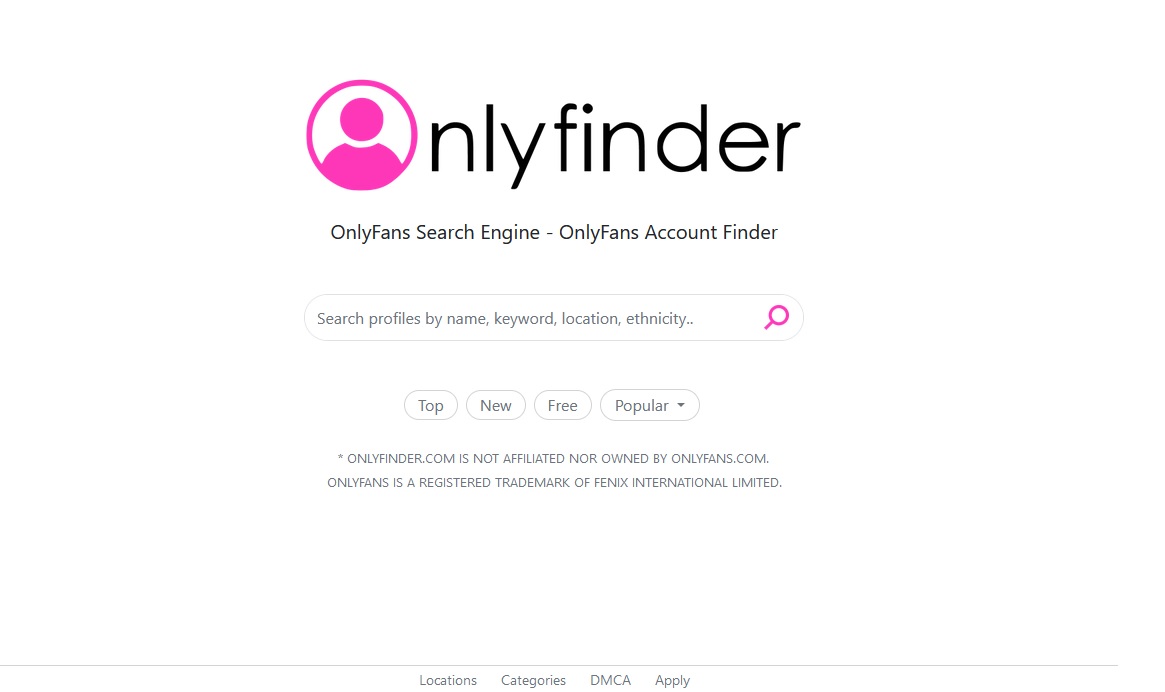The dictionary definition of the word ‘Alfresco’ states that it is an adverb meaning:
“outdoors; in the open air”
for example ‘to dine alfresco’. The word comes from the Italian translation of – ‘in the cool air’. In software terms, the word is also a name for a collaborative platform that is increasingly adopted by software developers building customer relationship management systems. But for now, think about the last time you ate at a pleasant Italian restaurant in the summer, perhaps for lunch or an evening meal.
The clink of glasses, a chilled buttery Chardonnay or a glass of Gavi; a few olives with bread and oil as an appetizer. Maybe a Calzone or an Osso Bucco for a main course. Lovely.
And we’ll bet you spent at least some of that time with your head buried in your phone screen! If you did, you will probably have logged onto the restaurant’s free Wi-Fi. The password for that network was probably printed on the foot of the laminated food menu, and admit it, you were either checking work emails or enjoying a laugh at some zany cat videos whilst your partner visited the bathroom.
Wi-Fi is on the menu.
We all know that the internet was invented for watching videos of cats riding around phlegmatically on robot vacuum cleaners without a care in the world. But the serious point here is that the Wi-Fi network you were using could well have been a ‘phantom hotspot’ set up by a lone customer at a corner table. He’s sipping a latte whilst he’s recording your keystrokes as you type. He’s set up his own hotspot carrying the restaurant’s name and password – just the same as the menu also placed on his table. A clever scam.
With our modern work from home (WFH) culture, it’s not just your own device that you’re putting at risk when you log on to a free Wi-Fi network somewhere. If you had your work-issued laptop with you, there are probably regulations from your management about not using public Wi-Fi hotspots. But you order that glass of Gavi and just check your email. What harm can it do? Fast forward a couple of weeks, you’re in the HR office with a formal written warning and your company’s network has been infected with ransomware.
There are two ways to avoid this happening. Either never use a Wi-Fi signal apart from your home network or install a free VPN for Windows from a reputable virtual private network provider. A VPN works in a very simple but effective way; it connects your device to the internet via a third-party encrypted server. That server can be located anywhere in the world, and you get to choose the location, which can also be changed as many times as you want at the click of a mouse or a tap of a phone screen.
Good reasons to use a VPN.
There are several advantages to using VPN systems to access the web, including avoidance of data throttling, anonymity, security, and circumvention of geographically restricted content. Let’s take a quick look at these in more detail:
Data throttling – occurs when an ISP (internet service provider) decides to slow the internet connection of an individual or indeed an entire area because the data transfer load on their network is becoming onerous. Most often, data throttling occurs from individual customers to certain platforms. For example, if one particular household has a family of four, with Mom working as a graphic designer, Pop as a video editing professional and the two kids studying online courses at college, that’s going to be a lot of gigabytes of data being consumed. The household’s IP (internet protocol) address might well be flagged as a heavy user and once a certain amount of data has been exceeded, the ISP might well slow the household’s connection to certain platforms. Using a VPN effectively hides the household’s identity, so the ISP doesn’t know who or where to throttle the connection.
Anonymity – in simple terms, hackers often like to target people they suspect to be rich, in order to install ransomware on their machines via phishing emails, or maybe someone has outspoken opinions on social media and a hacker wants to shut their smartphone down. But hackers can’t target any particular individual if they can’t find their IP address. For example, if a social media influencer is known to live in California, but their VPN usage anonymizes their identity and makes the appear to be based in Calgary – a hacker is going to have a hard time targeting them.
Security – if any phishing emails or logging on to insecure alfresco Wi-Fi phantom hot spots could cause malware to be installed on to a device, the VPN server will detect such malicious activity and instantly disconnect the device from the internet before any virus installation can occur.
Geo-restricted content – say you’re on vacation from your home in upstate New York and you are visiting relatives in Europe. You want to see the daily news streamed by, say, CNN but you find that the content is only accessible to US residents. By using your VPN, you can simply choose to access the internet from a US server of your choice, and you’re connected in a couple of clicks.
To summarize, there are many reasons to use a VPN and almost no downsides; if you want to remain secure online and keep your internet activities to yourself, you only need install a VPN from a reputable provider and you’re all set.








Add Comment